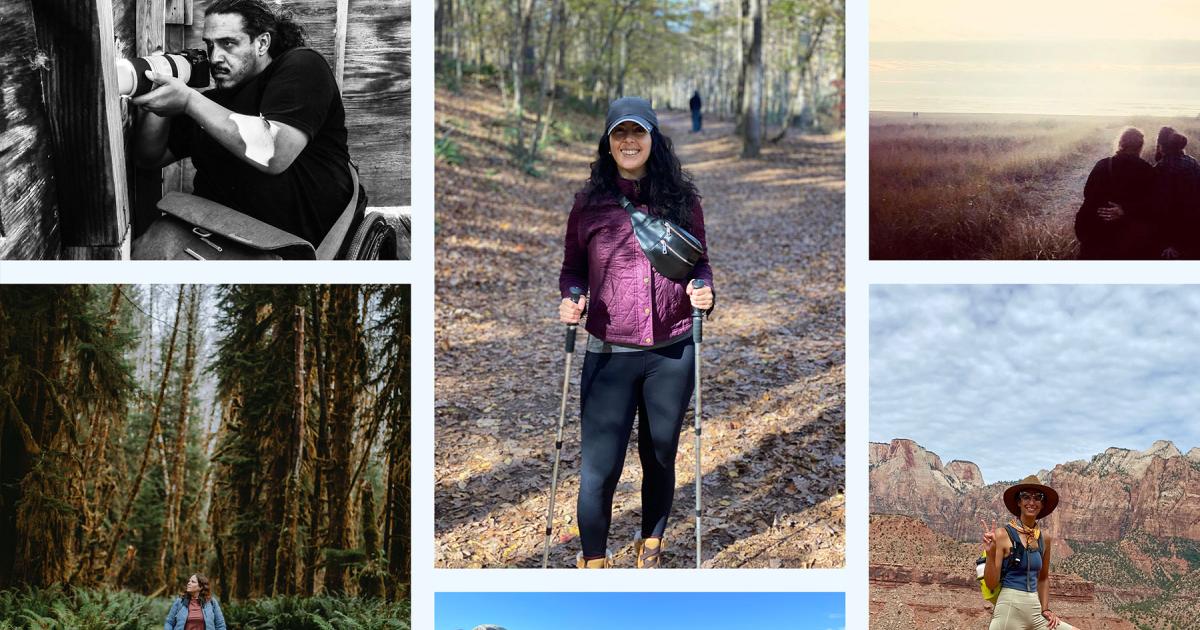Freya McGregor, currently living in Alabama
Freya (she/her) is originally from Australia but currently lives in Alabama as a military spouse. Through her business, Access Birding, she provides consulting and training services to conservation organizations, helping to improve access and inclusion for birdwatchers and nature lovers with disabilities. She is also writing a book on accessible birdwatching in the United States for Princeton University Press and is a research associate at Virginia Tech. Freya has switched to immobilized birdwatching due to a knee disability, but finds it just as enjoyable as the “traditional” practice. She also shows birdwatchers how to adapt the hobby depending on their abilities and comfort levels.
For Freya, birdwatching is a family event: her husband, who lives with PTSD, finds solace and relaxation in these outings in nature, and it also provides an opportunity to bond across continents with Freya’s family overseas as they share information about the birds of North America and Australia.
However, like other outdoor recreational activities, Freya believes there is a cultural stigma attached to disability and many barriers to access. These barriers include physical barriers, lack of information, social assumptions and institutional deficiencies.
“There are physical, social, cultural and institutional barriers. Although detailed advance information about trail conditions is important, it has not been a priority for land managers to assess, document and include that information on websites, interpretive materials and maps.”
Freya emphasizes that outdoor recreation, and the health benefits and other positive effects that come with it, should be available to everyone. Making these activities more accessible helps more people than just those with disabilities. For example, she says making trails wider and more clearly marked tends to encourage most hikers to stay on the path and not disturb local vegetation.
To truly promote inclusivity in birding and outdoor activities, Freya says organisations and institutions should start by seeking expert advice from experienced people (while paying them fairly for their time), listening to the needs of the community, assuming everyone has capabilities, treating everyone with kindness and respect, and recognising that societal barriers, not individual disabilities, are barriers to participation.

